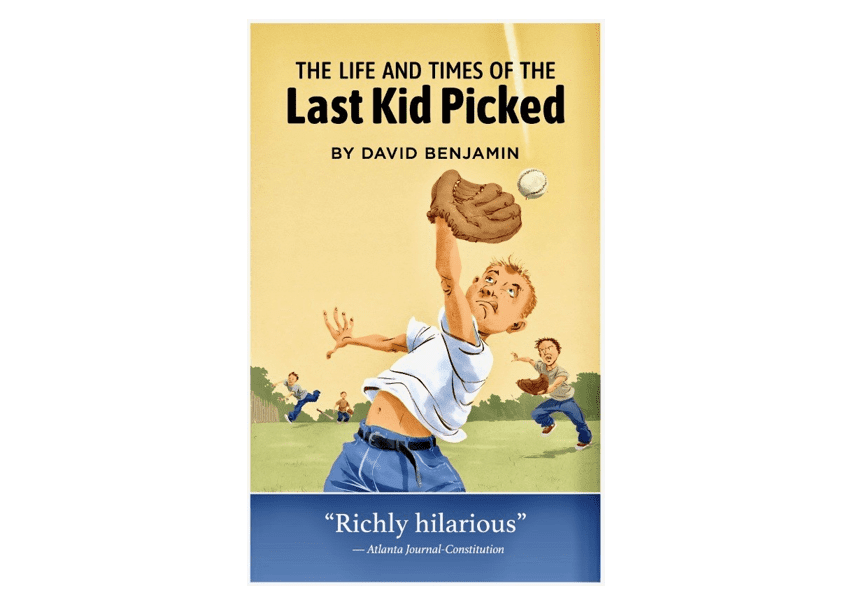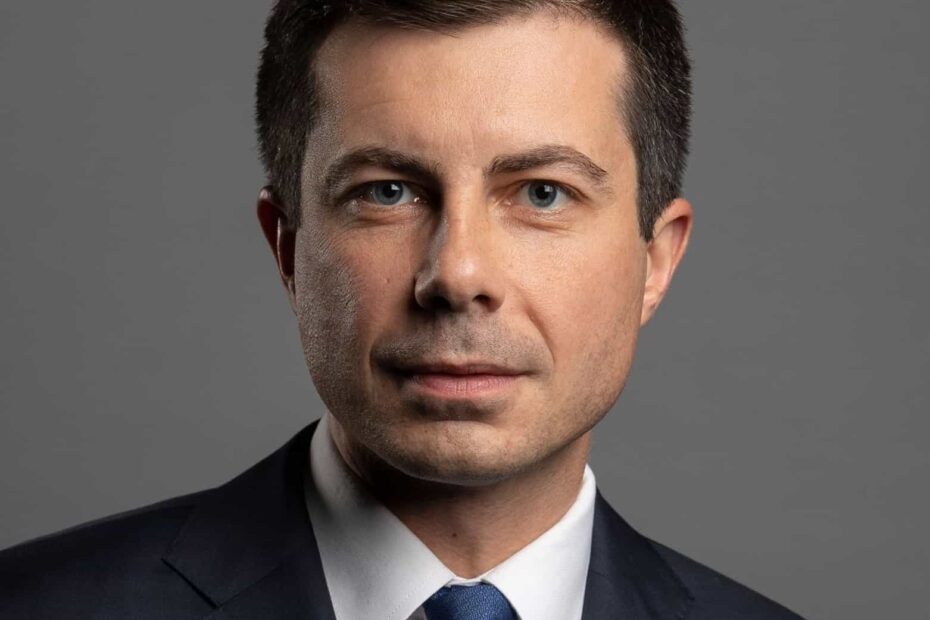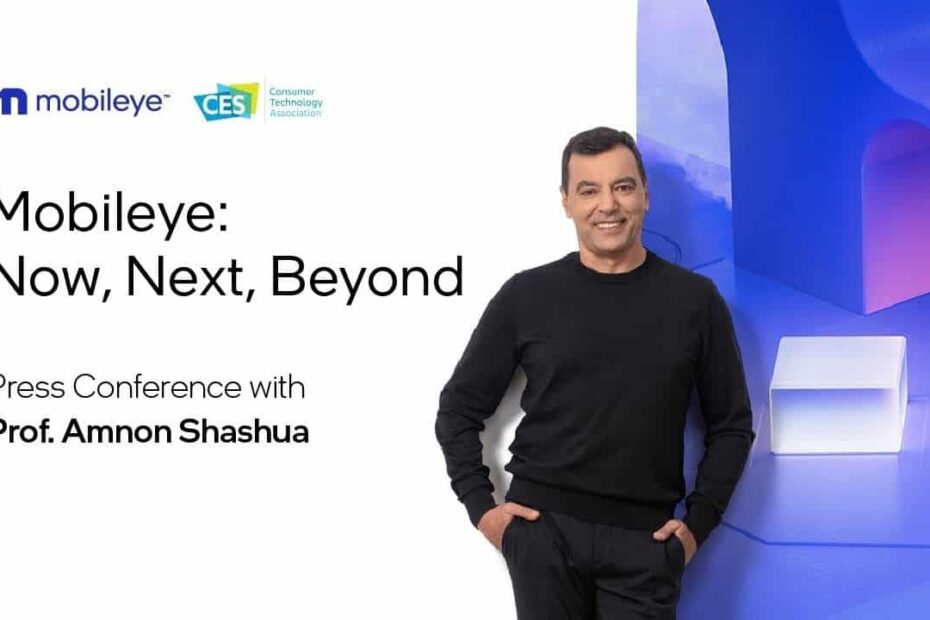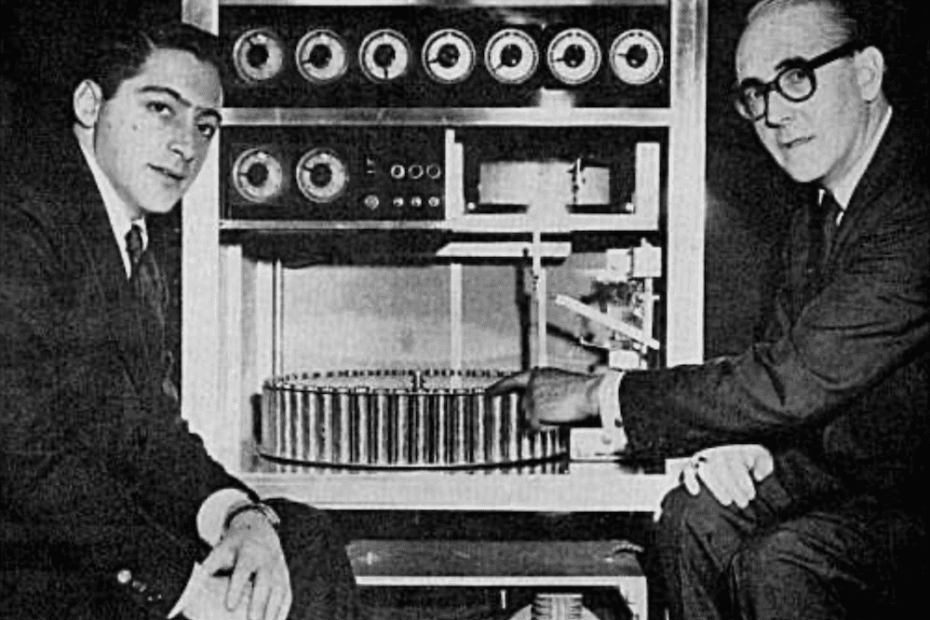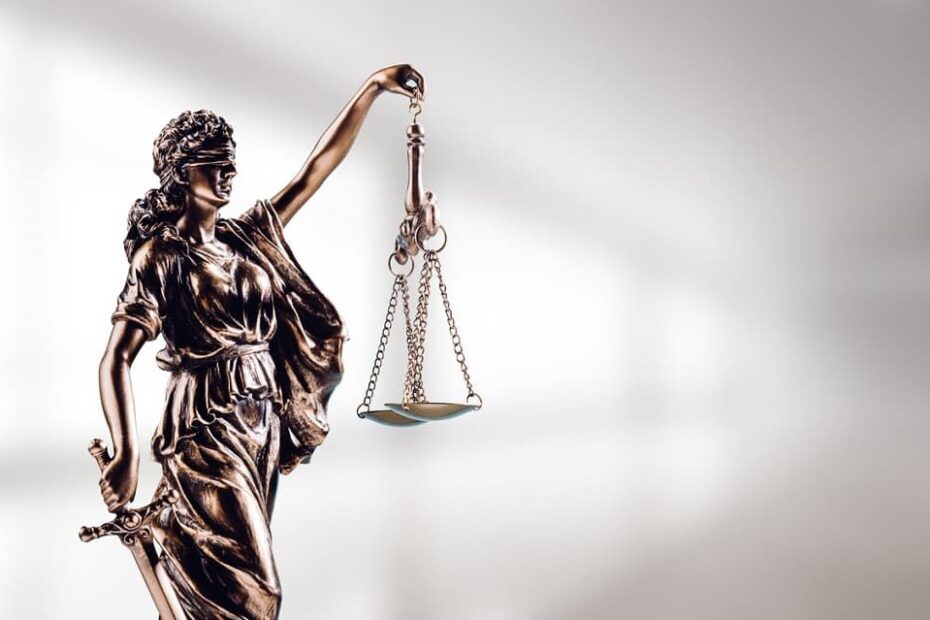The Artificial Me
“Generating a bio is a great way to show people some of the limitations of this system. Asking it to generate a bio for the same person three times in a row is an eye-opener for some. For me it was wrong universities, wrong field of study, and made up some awards that don’t exist. But it did upgrade me to IEEE Fellow (nice!)”
— Prof. Philip Koopman, Carnegie-Mellon University
Phil Koopman devised a foolproof method (see above) for testing the data-farming accuracy of the latest “artificial intelligence” application, ChatGPT—which is supposed to be so good at writing that journalists, p.r. flacks, and even “creative types” like me will soon be tucked away in a bed of mothballs.
Read More »The Artificial Me
